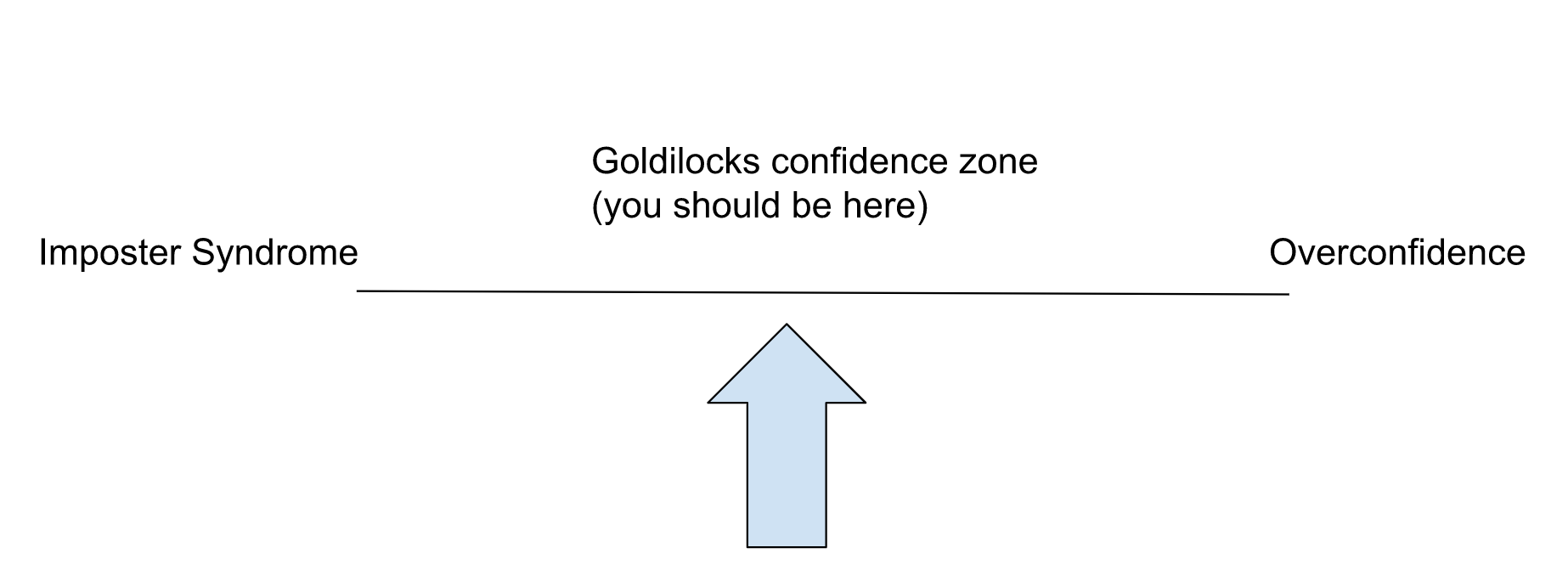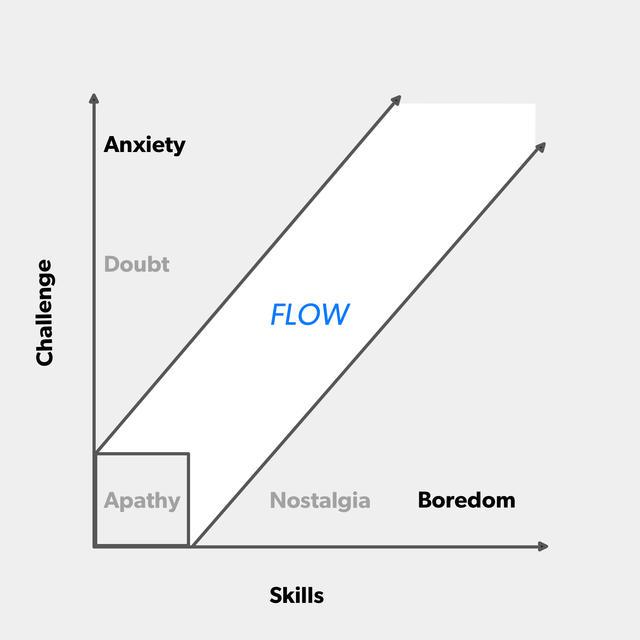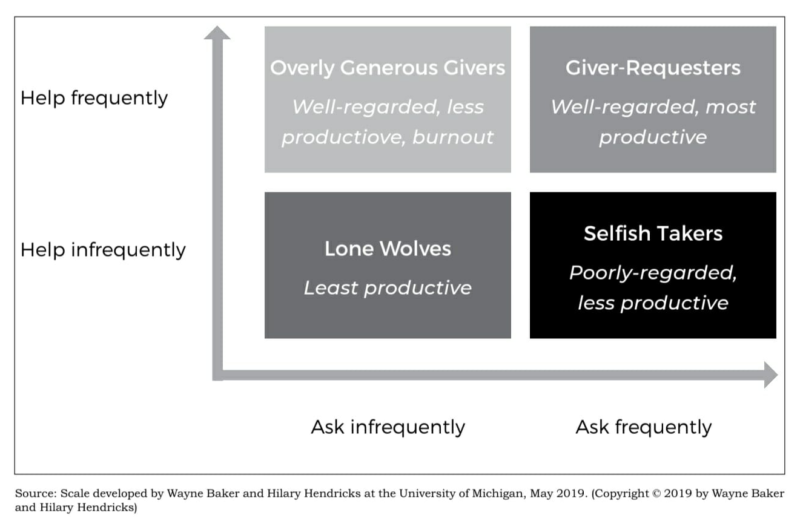In a Chemistry lab, for specific reactions to take place, we often need just the right kind of conditions. Not too warm, not too cold. Often it is the last drop of the reactive agent that induces the reaction. Our planet Earth too, is said to be in the perfectly right orbit, at the perfectly right distance from the Sun, has just the right chemical composition, the right amount of water, etc, to sustain life. This effect is popularly called the Goldilocks zone (alluding to the story of the three bears with three porridges of varrying degree of hotness, of three beds in different sizes, etc). The Goldilocks zone is the range of values that are just right for a particular reaction to take place.
It is amazing how often one comes across this effect in life.
The Goldilocks zone of a good life
A good life is also a delicate goldilocks zone. In his book The Sweet Spot, Paul Bloom talks about the Goldilocks zone of happiness. Too much of Eudaimonia (seeking a higher purpose or goal in everything we do) and it is likely to make us feel depressed. Too little Hedonia (seeking personal happiness often through material goods) and we’re left sad. We need to balance both, meaning in our pursuits and short term pleasure, for living a truly good life. He calls this motivational pluralism and it highlights the importance of having a variety of goals along with being present to enjoy the everyday small things.
The Goldilocks zone of confidence
There is a just right amount of confidence that is good for us. More, and we become jerks and a little less and we are frustrated with our lack of competence. Eric Barker, in his book, Barking up the wrong tree, argues that in theory overconfidence is worse than feeling of being incompetent as incompetent people are generally not posted in positions of power. It is also linked to the Dunning Kruger effect, where people who are incompetent at a task, overestimate their competence (primarily due to their failure in understanding the intricacies of the task).

The Goldilocks zone of Flow
Flow, the esoteric productivity mirage we all want to enjoy while working, also, unsurprisingly, appears in a just the right set of conditions. To define simply, flow is when you are rapt in work, challenged sufficiently, gaining mastery and making clear progress. It is when work becomes game. It, too, has a Goldilocks zone. Neither too hard nor too boring. Just like a game that is too hard to start or too easy to finish isn’t much fun, flow, too lies in the zone between skill and challenge.

The Goldilocks zone of give and take
In his book All you have to do is ask, Wayne Baker talks about giving and receiving help. He says being overly giving can be too demanding and also lead to burnout. On the other hand, being overly selfish can lead to loneliness and depression. Giving and receiving both are shown to be linked to mental well-being so there are benefits to both and ideally, well you guessed it, we should have just the right balance.

The Goldilocks zone of an effective apology
Timing of an apology is one of the most important aspects of it. There is a range of time when issuing an apology is effective and meaningful. One can apologise too quickly or too late. Apologise too quickly and risk being coming across as insincere and robotic. Apologise too slowly and risk coming across as unremorseful. The right time to apologise is when you have had time to reflect on your actions and have a clear understanding of the impact of your actions on the other person but not too much time that it offers little or no value to the other person.
I run a startup called Harmonize. We are hiring and if you’re looking for an exciting startup journey, please write to jobs@harmonizehq.com. Apart from this blog, I tweet about startup life and practical wisdom in books.